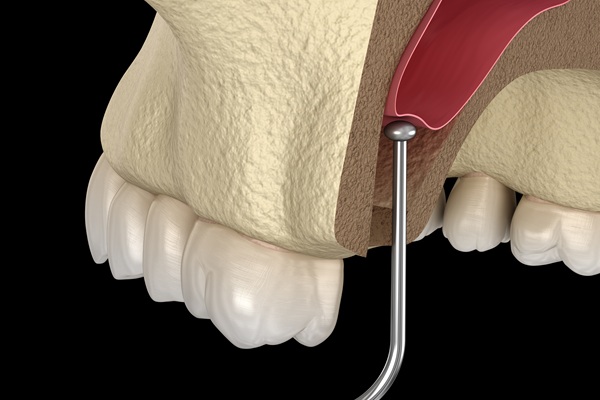The FAQs About an Oral Surgeon

A lot of people won’t have to interact with an oral surgeon ever in their life, but when accidents happen or when the mouth is in poor shape, an oral surgeon is likely the best specialist to see. Oral surgeons, just like dentists, aim to improve the oral health of a person. However, unlike dentists, oral surgeons take on invasive procedures.
If you’re curious about oral surgery and what an oral surgeon does, then you may find this information to be helpful. We highlight some frequently asked questions about oral surgeons. These questions and answers can help you to better understand the role that an oral surgeon plays in your dental and oral health.
FAQs about oral surgeons
Considering oral surgery? Read on to find out all that you need to know about the people who will perform your surgery.
1. What does an oral surgeon do?
An oral surgeon is a medical and dental professional who focuses their time on the face, jaw and mouth. They diagnose and treat problems that lie within those areas, and they perform surgical procedures that are required in order to improve one’s oral health.
2. What type of training does an oral surgeon undergo?
An oral surgeon, just like a dentist, has to take four years of dentistry courses. However, they then must go on to complete a four-year or six-year surgical residency program too. The four years of dentistry prepares them for the dental side of things while the surgical residency helps to perfect their surgical skills.
3. What can an oral surgeon treat?
There are a lot of things that an oral surgeon can treat, but some of the most common include wisdom teeth extraction, facial injuries, misaligned jaws and even dental implant surgery.
4. Can an oral surgeon perform facial cosmetic surgery?
Yes! Oral surgeons undergo a surgical residency program that prepares them to perform facial surgeries, both cosmetic and ones that are necessary. Most people think that oral surgeons only focus on oral surgery, but that isn’t true. The surgical residency program prepares them to work on the entire facial area.
5. Why would I need an oral surgeon?
In almost every scenario, a person’s general dentist will refer them to an oral surgeon for things like tooth extraction, wisdom teeth removal or dental implant placement. However, there are times when accidents happen and trauma to the face occurs. In these situations, an oral surgeon would be the first person that you see, as opposed to going through a dentist.
Contact us today!
An oral surgeon can significantly improve your oral health. If you have questions about oral surgery or would like to know more then feel free to reach out to our office today. We have a team of oral surgeons who would be happy to talk you through any procedure that you’re curious about. Give us a call or stop by today. We are here to help!
Request an appointment here: https://brighton.drjstearns.com or call Platte Valley Oral Surgery at (303) 997-0223 for an appointment in our Brighton office.
Check out what others are saying about our dental services on Yelp: Oral Surgery in Brighton, CO.
Recent Posts
A sinus lift procedure goes by many other names, including sinus elevation, sinus augmentation, and sinus graft. It can be an important step in the process of having a dental implant placed in the upper jaw to replace a missing tooth. The procedure involves raising the floor of one of the maxillary sinuses and filling…
Facial trauma treatment differs based on the severity and location of the damage. Continue reading to learn how an oral surgeon addresses facial trauma. It can cause other medical issues, so it is important to seek treatment promptly. An oral surgeon is a face trauma specialist who is trained in maxillofacial surgery and treatment. They…
Oral bone grafting procedures can help restore mouth functionality, health, and appearance. These surgical procedures vary in type and extent. Continue reading to learn more about dental bone grafts, the surgical grafting process, and why someone might need oral bone grafts.Surgeons perform bone grafts throughout the body. Oral bone grafting occurs in the mouth, usually…
An oral pathology must receive immediate treatment. This can prevent more complications later on. Your oral surgeon can help correct any dental problem. Here are the details about each common oral pathology and its corresponding treatment.This oral pathology results from a bacterial infection because of plaque buildup. Symptoms of this condition include gum bleeding and…


